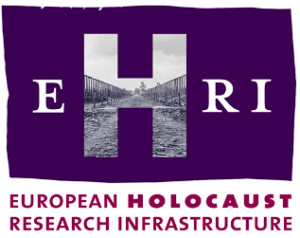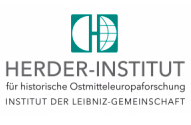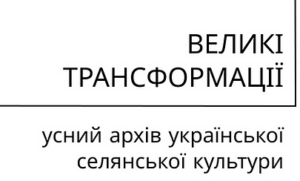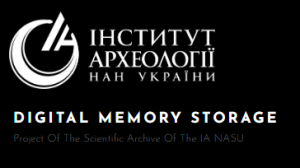We Recommend
TG Archive of the War – project created by Center for Urban History that aims to document how Ukrainians are learning about, experiencing, and sharing Russo-Ukrainian war testimonies through Telegram.
The EHRI portal offers access to information on Holocaust-related archival material held in institutions across Europe and beyond. EHRI has a Document Blog which is a space to share ideas about Holocaust-related archival documents, and their presentation and interpretation using digital tools. The portal has recently lauched online edition that focuses on Holocaust survivor´s testimonies of the so-called “Documentation Campaign” in Prague (Dokumentační akce), one of the earliest postwar projects to document the events of the Shoah, collecting evidence, documents, and witness testimonies.
Centre for Historical Research of the Polish Academy of Sciences in Berlin is research institute that carries out multiple scientific and cultural projects on Polish–German relations in the context of European history and culture.
This is online archive of primary sources on Soviet history, mostly focus on Russian based documents.
Socialism Realised is the learning environment that enables us to find and analyse multimedia content about the communist regimes in Europe. Using the Czechoslovak example, it explores the specifics of life in the Eastern bloc. The project attempts to bring the experiences, thoughts, feelings and problems of people who lived under communism.
The aim of the Copernico portal created by Herder Institute is to make scientific research more visible and to open up new ways of preserving and presenting cultural heritage of Eastern Europe in the public eye.















